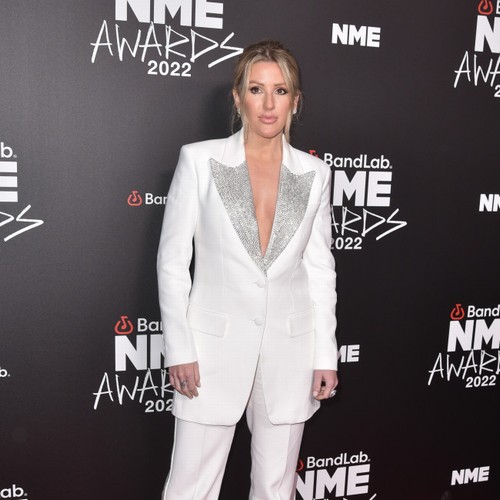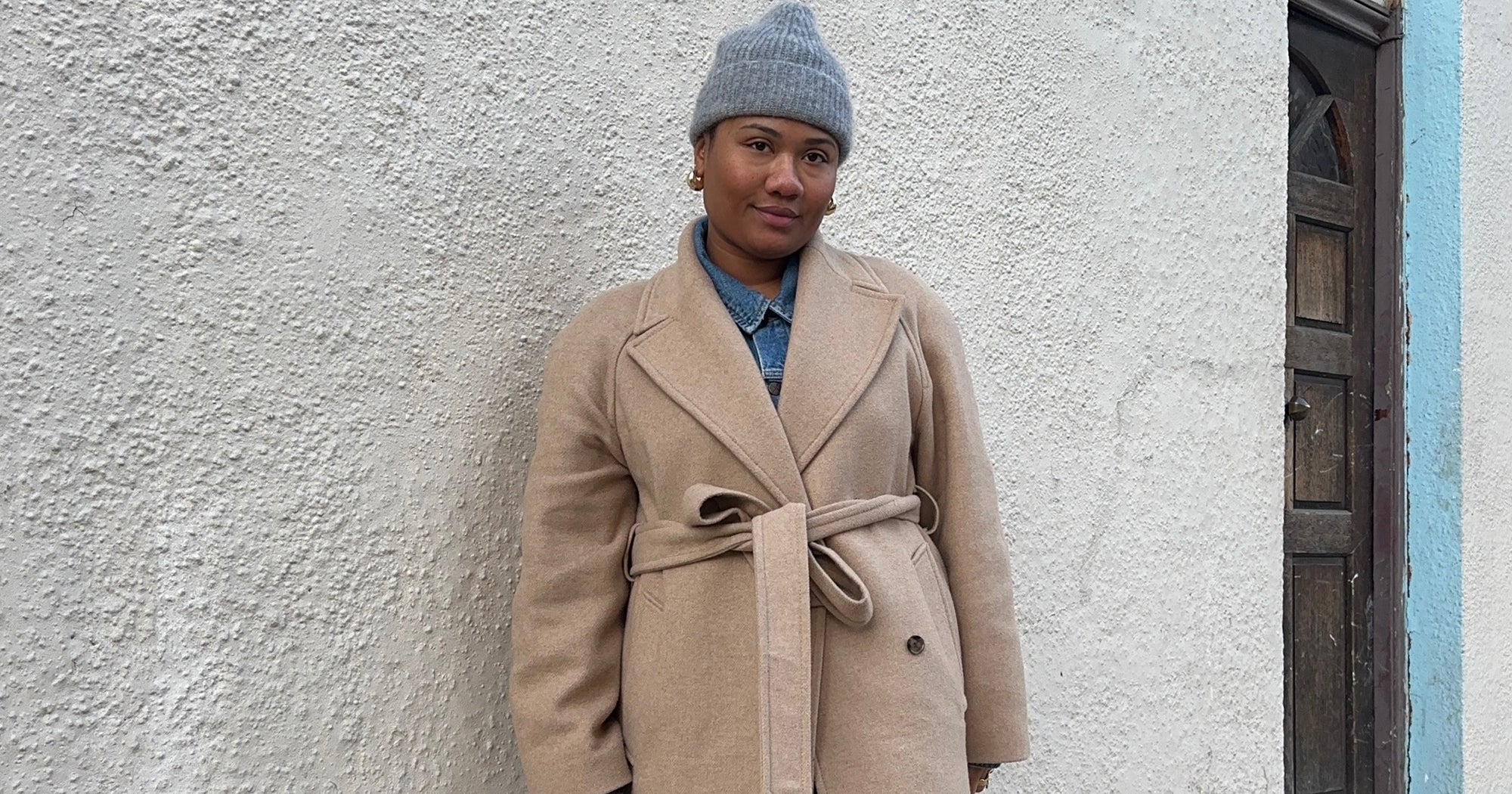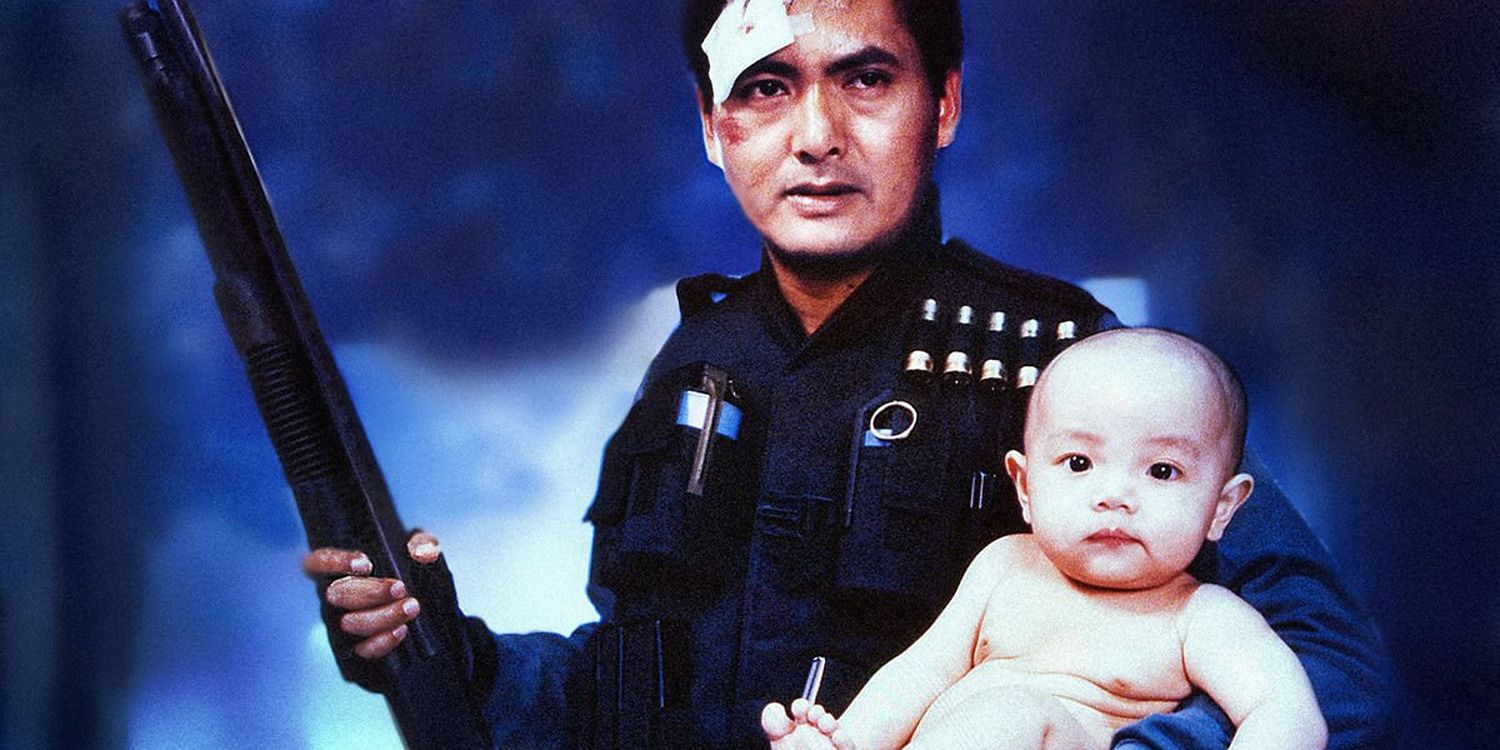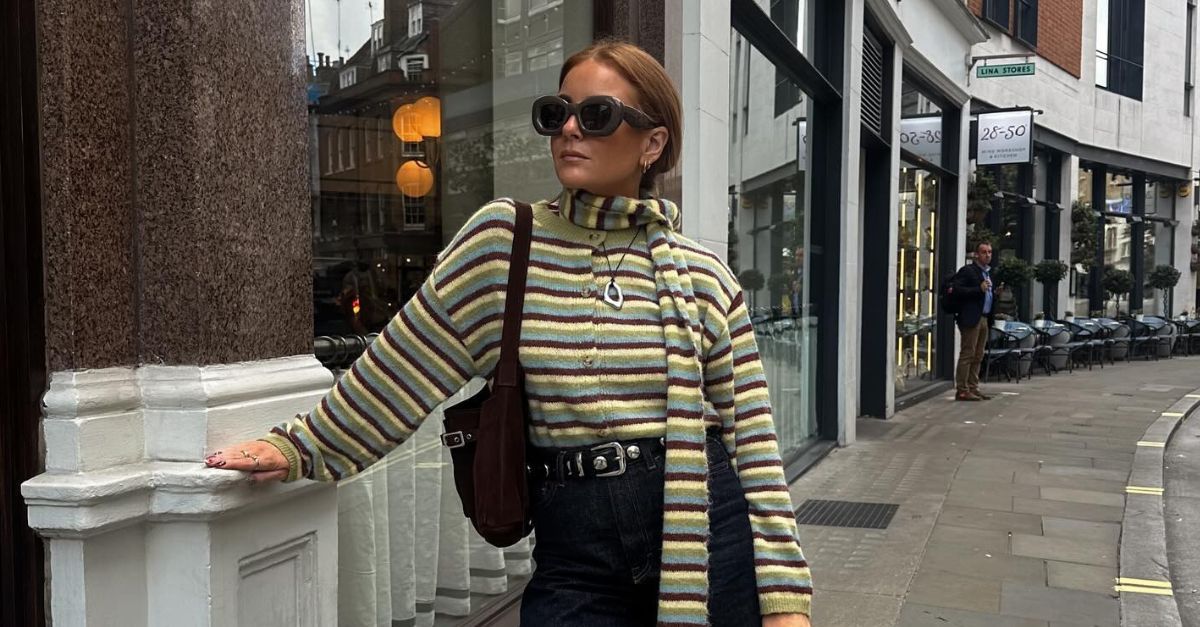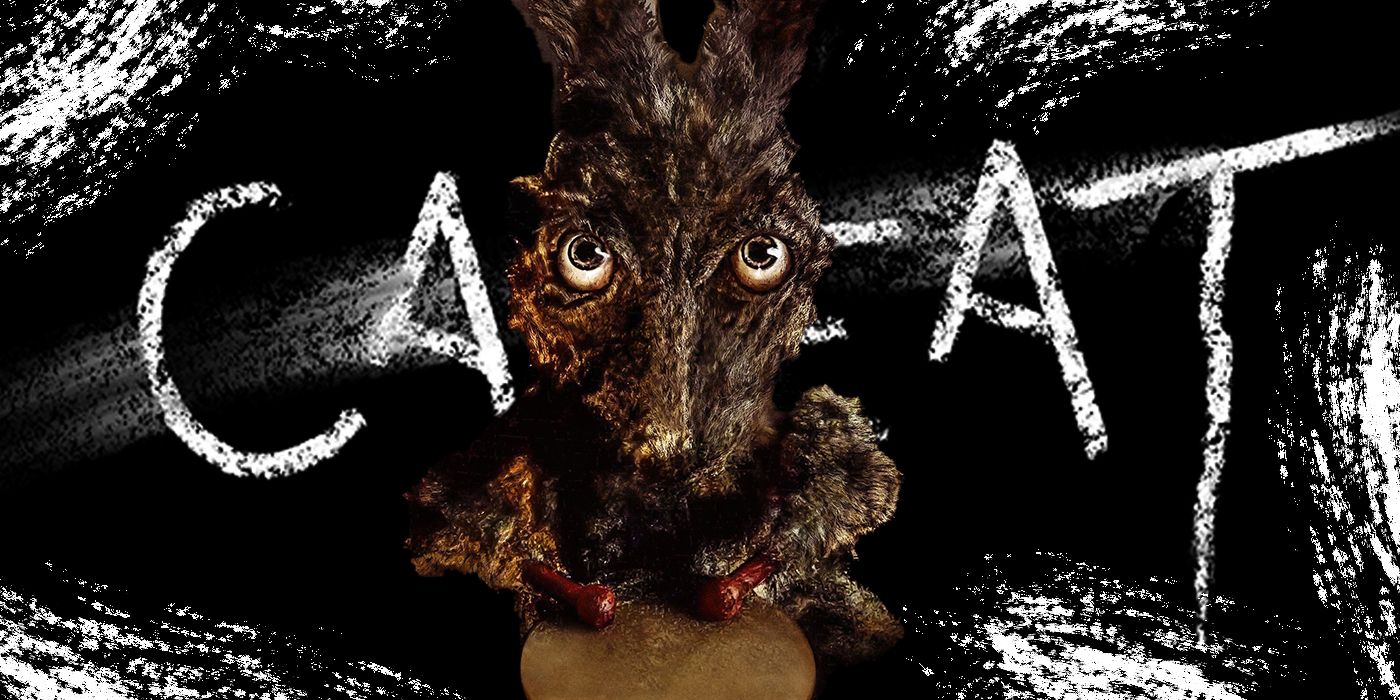Thank goodness we have a new culture wars furor to worry about, now that the Right appears to have run out of rage over the Super Bowl and literal Devil Worship at the Grammys. Over the weekend, Puffin Books, the UK-based publisher of books by children’s author Roald Dahl, acknowledged it was making hundreds of edits to Dahl’s books so that they “can continue to be enjoyed by all today.”
The changes were made after the Roald Dahl Story Company, which has managed the copyrights since Dahl’s death in 1990, contracted with an outfit called “Inclusive Minds,” a consulting firm that offers services to improve “inclusion and accessibility in children’s literature.” Some of the changes seem well-intentioned but weird; looks-based adjectives like “fat” and “skinny” have been removed throughout the books, but that ends up with the gluttonous Augustus Gloop in Charlie and the Chocolate Factory being no longer “enormously fat” but now just “enormous,” and how is that supposed to be better?
Other changes seem so unremarkable that if they hadn’t been highlighted in the press, nobody would notice. The Oompa-Loompas are now “small people” instead of “small men,” and the Cloud-Men in James and the Giant Peach are now the Cloud-People. Other changes seem more arbitrary: Miss Trunchbull in Matilda has gone from being a “formidable female” to a “formidable woman,” but she remains a horrible bully and her name still calls to mind bull dykes just as it used to. Fantastic Mr. Fox now has three daughters instead of three sons, so maybe that’s inclusive or maybe no one remembers the fox children one way or the other.
The Telegraph, which first reported on the changes in a paywalled story, notes that the words “black” and “white” have been removed, which makes a kind of sense in some cases: Characters don’t turn “white with fear” anymore, because only white people do that we guess, but why on earth should the Big Friendly Giant of BFG no longer wear a “black cloak,” just a cloak? Could some of the edits have resulted from a lazy search-and-delete?
In a couple of cases, new text has been added; in The Witches, apparently one trait of witches is that they’re bald, so the witches disguise themselves by wearing wigs. A new line explains that “There are plenty of other reasons why women might wear wigs and there is certainly nothing wrong with that,” presumably to reassure kids whose mothers are undergoing chemo that Mom is not a witch. (Young fans of Dahl’s macabre streak may be disappointed, however.)
The new editions carry a disclaimer on the copyright page stating, “This book was written many years ago, and so we regularly review the language to ensure that it can continue to be enjoyed by all today,” and a spokesperson from the Roald Dahl Story Company said that
When publishing new print runs of books written years ago, it’s not unusual to review the language used alongside updating other details including a book’s cover and page layout. Our guiding principle throughout has been to maintain the storylines, characters, and the irreverence and sharp-edged spirit of the original text. Any changes made have been small and carefully considered.
Nonetheless, there have been some angry denunciations of the changes; Salman Rushdie tweeted, “Roald Dahl was no angel but this is absurd censorship. Puffin Books and the Dahl estate should be ashamed,” and Suzanne Nossel, CEO of PEN America, posted a Twitter thread saying the group is “alarmed” by the changes, warning that
The problem with taking license to re-edit classic works is that there is no limiting principle. You start out wanting to replace a word here and a word there, and end up inserting entirely new ideas (as has been done to Dahl’s work).
Nossel suggested a better approach might have been to add “introductory context that prepares people for what they are about to read, and helps them understand the setting in which it was written.” Not that the Right would be happy with that; recall that they were outraged when HBO Max added a disclaimer mentioning that slavery is bad to its streams of Gone With the Wind.
And of course there has been much online grumbling about “woke” censors who are every bit as bad as Ron DeSantis, never mind that it’s the publisher making the changes in an effort to keep the books marketable. Netflix purchased Dah’s literary estate from his family in 2021, a year after the review of the books began, and is planning to adapt many of them, so this is very much a capitalist enterprise, not a bunch of wild wokesters demanding changes.
It’s also worth keeping in mind that Dahl rewrote his own work to keep it marketable, wholly revising a chapter of Charlie and the Chocolate Factory in 1973 after it had rightly been condemned for racist stereotypes in its depiction of the Oompa Loompas, who in the original 1964 version of the novel were literally a tribe of “miniature pygmies” no larger than a medium-sized doll. Willy Wonka explained with great delight to the children touring the factory that he had “discovered them myself.”
I brought them over from Africa myself—the whole tribe of them, three thousand in all. I found them in the very deepest and darkest part of the African jungle where no white man had ever been before.
Wonka, like any good colonialist, “rescued” them from the jungle, where they subsisted on a diet of green caterpillars but longed for cacao beans, which of course are used to make chocolate. He made the leader of the Oompa Loompas an offer he couldn’t refuse: Just exchange your freedom for endless servitude in the chocolate factory, and
“You can have cacao beans for every meal! You can gorge yourselves silly on them! I’ll even pay your wages in cacao beans if you wish!”
“You really mean it?” asked the Oompa-Loompa leader, leaping up from his chair.
Oh, reader, it gets even grosser:
So I shipped them all over here, every man, woman, and child in the Oompa-Loompa tribe. It was easy. I smuggled them over in large packing cases with holes in them, and they all got here safely. They are wonderful workers. They all speak English now. They love dancing and music. They are always making up songs. I expect you will hear a good deal of singing today from time to time. I must warn you, though, that they are rather mischievous. They like jokes. They still wear the same kind of clothes they wore in the jungle. They insist upon that. The men, as you can see for yourselves across the river, wear only deerskins. The women wear leaves, and the children wear nothing at all. The women use fresh leaves every day.
Oh, those happy-go-lucky, simpleminded slaves, laughing all day as they toil for Mr. Wonka!
Not much surprise, then, that the NAACP protested when the 1971 movie adaptation was in production; they demanded that the depictions of the Oompa-Loompas be changed, and that the movie not promote sales of the book. That’s part of how we got the orange guys with green hair, and why the title was changed to Willy Wonka and the Chocolate Factory.
As journalist Layla Epplett wrote in 2016, Dahl had no idea why anyone could object to his happy little book:
In response, Dahl was shocked and sullen. He found the NAACP to be unreasonable, telling Knopf editor Bob Bernstein he was unable to understand why the perceived his story as a “terrible dastardly anti-negro book,” and described their attitude as “real Nazi stuff.”
Poor guy, besieged by actual Nazis, and nothing ever changes in the Culture Wars.
But the movie got made, and Dahl eventually agreed — as he charmingly put it — to “de-Negro” the novel. In 1973, a new edition featured Oompa-Loompas who were more or less hippies, with rosy cheeks and long brown hair. Dahl didn’t seem overly averse to changing his art if it would stay commercially viable, and his will assigned the copyrights to his family, without any apparent demand that they never change a word of his books.
All that said, we think the best suggestion comes from Phillip Pullman, the author of His Dark Materials:
“Let him go out of print,” the author of His Dark Materials said on Monday. He told BBC Radio 4’s Today programme that people should instead explore writers such as Malorie Blackman, Michael Morpurgo and Beverley Naidoo. “Read all of these wonderful authors who are writing today, who don’t get as much of a look-in because of the massive commercial gravity of people like Roald Dahl.”
He said Dahl’s work, if left alone, would not disappear overnight or be substantially changed in the public’s consciousness, because of the vast numbers of existing editions sitting on shelves in homes, school libraries and elsewhere. […]
Asked about the controversy over the rewrites, he said: “Dahl can look after himself. I hadn’t read his books for very many years and I don’t want to again.”
Honestly, that’s a very sensible approach. Let the old racist and antisemite fade away. And when in some future version, the Oompa Loompas revolt, seize the chocolate factory and declare it an anarcho-syndicalist collective, and execute Wonka for enslaving them, then we can talk about the “far Left” rewriting Roald Dahl.
[Guardian / History News Network / Guardian / JSTOR / Image created using StableDiffusion AI]
























































![Social Media Spring Cleaning [Infographic] Social Media Spring Cleaning [Infographic]](https://imgproxy.divecdn.com/9e7sW3TubFHM00yvXe5zvvbhAVriJiGqS8xmVFLPC6s/g:ce/rs:fit:770:435/Z3M6Ly9kaXZlc2l0ZS1zdG9yYWdlL2RpdmVpbWFnZS9zb2NpYWxfc3ByaW5nX2NsZWFuaW5nMi5wbmc=.webp)
![5 Ways to Improve Your LinkedIn Marketing Efforts in 2025 [Infographic] 5 Ways to Improve Your LinkedIn Marketing Efforts in 2025 [Infographic]](https://imgproxy.divecdn.com/Hv-m77iIkXSAtB3IEwA3XAuouMwkZApIeDGDnLy5Yhs/g:ce/rs:fit:770:435/Z3M6Ly9kaXZlc2l0ZS1zdG9yYWdlL2RpdmVpbWFnZS9saW5rZWRpbl9zdHJhdGVneV9pbmZvMi5wbmc=.webp)







